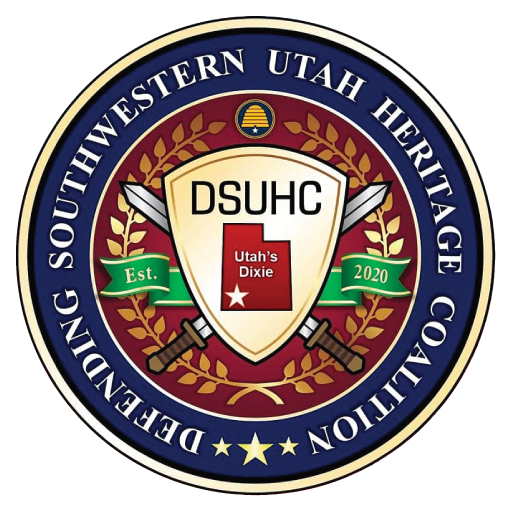Dixie State University is currently paying Cicero Group roughly $100,000 to evaluate whether or not to keep the name Dixie. What the Dixie community may not know is that Dixie State University already paid for a nearly identical study in 2013 (at a cost of $39,225) to help Dixie State select its current name.
We will post the full study, but attached are the 9 pages most pertinent to the Dixie name. Note there is one key difference between the 2013 and current study, the 2013 study did not seed the study with images and questions designed to illicit negative reactions like the current study does.
Please read it yourself, but for those who want a summary, here some of the results:
- Support for including Dixie in the University name was overwhelming, with over 92% of alumni, 84% of students, 76% of alumni faculty and staff, and 76% of the community generally supporting the name Dixie, with most of those not just saying it could be included in the University name, but that it should be included.
- 62.6% of donors said they would withdraw their financial support if they didn’t like the University name, including 76.3% of donors of $10,000 or more (and given the survey results, nearly all donors preferred the name Dixie).
- The only exception to the support of the name Dixie was among recently hired non-alumni faculty.
- There was overwhelming opposition to other names, including using the name St. George, Red Rock, Southwestern, and other names such as Zion with a majority of nearly all respondents opposing the use of such names.
- When participants were asked what best describes their connection to then Dixie State College, name recognition and tradition/heritage was overwhelmingly the number 1 factor across all constituent groups except non-alumni faculty/staff (although it was also high there).
- Use of the name Zion University garnered virtually zero support – with virtually no one ranking that name as their first 3 choices for a name.
- The name “Dixie State University” was the overwhelming first choice for a name among respondents.
- The study evaluated the potential impact if Dixie were not included in the name, stating as follows: In addition, [using the name Dixie State] is the clear choice from an economic standpoint both from a position of potential donation losses and the cost to change all materials that include the name Dixie State. We estimate this cost to be in the seven figures
- The report went on to evaluate a possible name change if the University wanted to change its focus away from the region and the State of Utah to become a national University. There the report states as follows: If the university intends to capitalize on its university status and have a large a role in the national stage, then a name for consideration would be “St. George University” (or University of St. George).
With a national focus, the university would seek to be ever more recognized in terms of academic presence (papers published, national conferences, grant submissions, awards etc.). The moniker “Dixie” is more likely to carry a negative connotation to groups and individuals outside the local region hence the suggestion of its removal.
If this focus/name [i.e. St. George University] is chosen, a significant adjustment within the local community will need to be addressed. The university would still physically be present, and the benefits of an expanded program of higher education would still be evident, however, efforts would need to be made to enforce the idea that the institution can be true to its heritage even if its name has changed. At the national level the university would need to be introduced. Among applications from students/faculty there may be a need to clarify that it is not a Catholic school.
The 2013 report provides no evidence to suggest on a national stage that a St. George University would somehow magically be more prominent with no name recognition than Dixie State University with its lengthy history and name recognition over 95% in the State of Utah. Somewhat comically, the report does state that the name St. George University runs into new problems (as all new names will) that
students/faculty may “need to clarify that it is not a Catholic school.” So why the new 2020 survey when they already paid for one in 2013?
Given that the 2020 survey is seeded with negative imagery and expanded to the NCAA, the Western Athletic Conference, the Northwest Commission on Colleges and Universities accrediting body, among others, the 2020 survey appears geared to expand on the suggestion that nationally the Dixie name is bad. The 2020 survey then provides cover to the University Trustees and President Biff Williams to claim a shift away from a regional focus to a national focus requires a name change despite the overwhelming alumni and community and regional support to keep the Dixie name. We hope we are wrong.
Regarding the regional vs national focus, we question what shifting to a national focus means to the University and the Dixie community. While we support educational improvements, the fact is that Dixie State University is a public state school funded substantially with taxes paid by the residents of Utah.
Therefore its primary mission will always be to educate Utah residents, in particular residents of the Dixie area. Utah residents currently make up 76% of Dixie State University students. Even the University of Utah currently has 61% of its students from the State of Utah. So any argument made by the University Trustees and President Williams that a national focus requires a name change should be met with suspicion. We hope they never make this argument.

